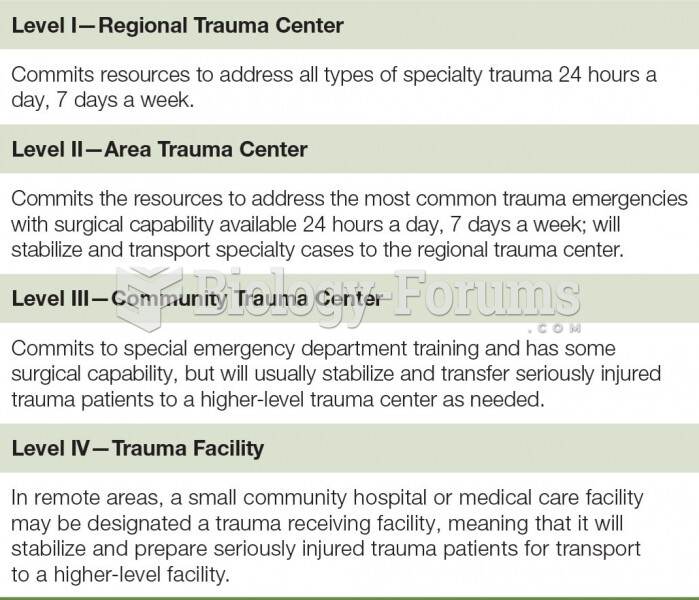Answer to Question 1
ANSWER:
Work with the computer lab or the media center teacher; you will need his or her help and expertise.
Teach the lesson yourself or encourage the curriculum resource teacher to teach with you.
Set up clear lab management rules.
Provide well-thought-out lessons, with clear instructions.
Make sure to use the available software, Internet, and other technologies to support your curriculum and follow your schools Acceptable Use Policies (AUP).
Always, always have a backup plan for unexpected technology problems.
Alternate between whole-group, small-group, and individual instruction and assignments.
Answer to Question 2
ANSWER:
Studies indicate that students retain approximately 20 percent of what they see, 30 percent of what they hear, and 50 percent of what they see and hear. When students have a chance to hear, see, and interact with a learning environment, they can retain as much as 80 percent of the information. Digital media applications provide that interactive learning environment, which makes them powerful tools for teaching and learning.
One of the main reasons for teachers to utilize digital media software in the classroom is that it appeals to a variety of learning styles. Helping every student learn in his or her unique way ensures success for all students. Digital media software applications assist teachers in meeting diverse learning styles by combining interactive software integrated with teaching strategies to enhance the learning process. Furthermore, digital media software is engaging and motivational for today's digital students.
Another important reason for students increased retention is that they become active participants in the learning process instead of passive recipients of information. Interactive digital media applications engage students by asking them to define their own paths through an application, which often leads them to explore many related topics.
Many teachers have noted that students are motivated by and enjoy the process of creating their own interactive digital media presentations using digital media authoring software. Many students enjoy conducting research and writing when their writing projects involve the creation of digital media presentations. In addition to building skills, the completion of a digital media project is a self-esteem and confidence booster for many students.







